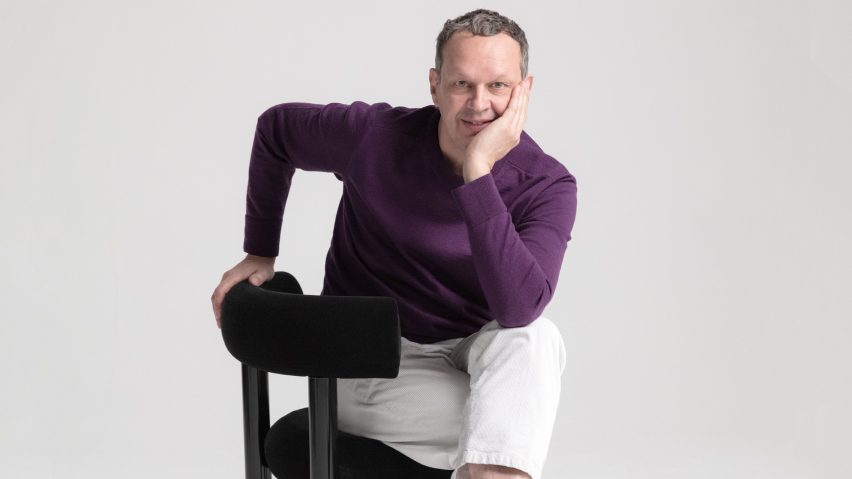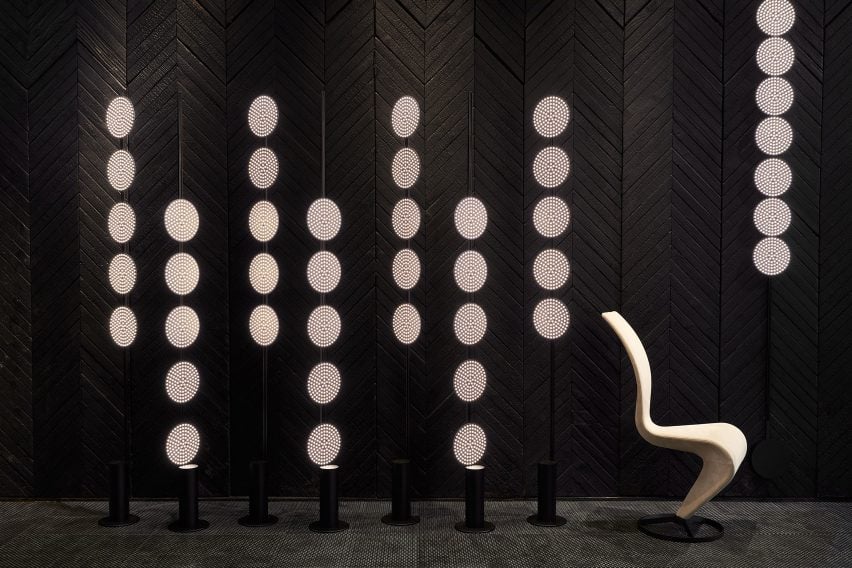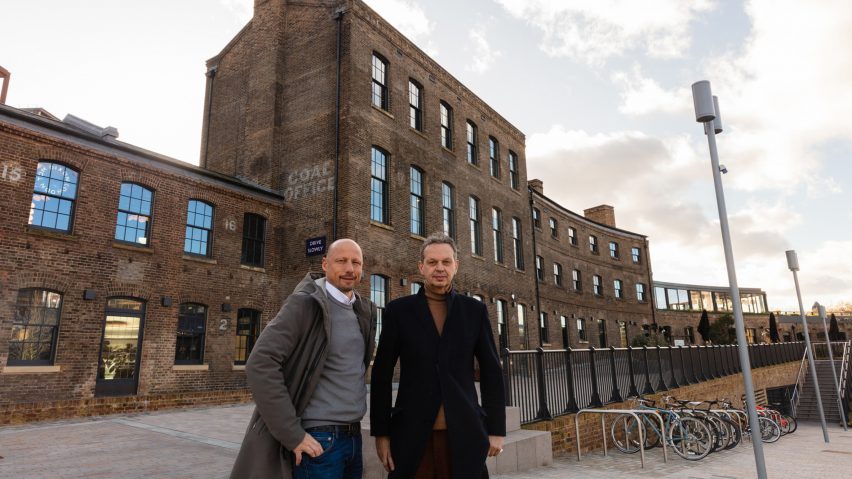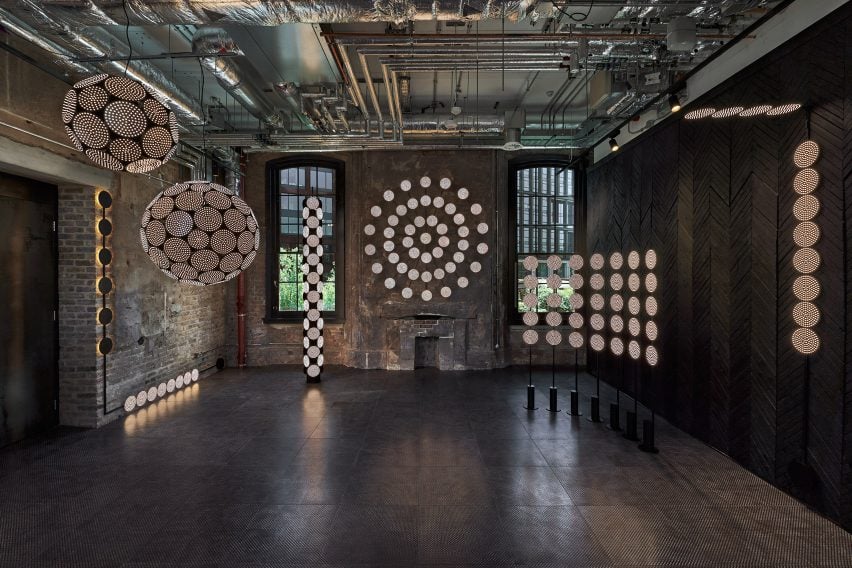
"Why make more than you can sell?" says Tom Dixon as he launches made-to-order lighting system
The coronavirus pandemic will force design brands to manufacture more products locally, hold less stock and be less reliant on physical stores, according to designer Tom Dixon.
Dixon said the pandemic is "bound to" change the way brands operate as they move to reduce their dependence on lengthy global supply chains and support their local communities.
"Everybody talks about local manufacturing and local consumption, but now we're slightly being forced to confront that possibility a bit more," Dixon told Dezeen in a live interview as part of Virtual Design Festival last month.
The pandemic has accelerated the shift to online shopping, Dixon said, presenting a challenge to brands that rely on physical retail spaces and traditional distribution networks.
"A real struggle for distributors and retailers"
"It's gonna be a real struggle for traditional distributors and for the retailers because we know that people have got even more into the habit of shopping online and gotten out of the habit of visiting physical spaces," said the London-based entrepreneur.
"So for our partners in distribution and in showrooms and the rest of it, that's something where I think we need to cooperate with them to find ways of helping them to survive."

Brands additionally need to explore ways of holding less stock, Dixon said, to reduce waste and warehousing costs.
"I think that's got to be a good thing, to reduce the amount of stock," said Dixon, who sells roughly half his products to the professional architectural market and half to domestic customers.
"Why would you make anything until somebody wants it?"
"Why would you make more than you know you can sell?" he said. "Why would you make anything until somebody wants it?"
The live interview was part of the launch of CODE, a new LED lighting system developed with Austrian architectural lighting brand Prolicht.

The system consists of modular circuit boards studded with LEDs that are mounted on tracks and can be configured in an infinite variety of ways.
The system will be manufactured to order by Prolicht, with customers ordering the lights online using a configurator rather than buying them in a store.
Dixon, whose eponymous brand produces furniture, lighting and accessories, said he had been impressed by Prolicht's business model, which involves manufacturing everything to order at its factory near Innsbruck.
"The supply chain is quite long"
"We get components from all over the world – mainly from Germany, a lot from China, some from India – and we assemble them, and the supply chain is quite long," Dixon said.
"And the time to react to opportunity or to react to the market is very long as well. But what Walter [Norz, Prolicht CEO] does is to promise nothing in stock, but delivery within five days of the order, which is kind of an amazing and phenomenal promise, particularly to architects and designers in a tight spot."
"We produce nothing on stock," said Norz, who also took part in the live interview. "I hate this."
"Stock is the single biggest waste"
"I do not want to produce stock because this is the biggest single waste," he said, since unsold stock has to be discounted. "We produce exactly what the person wants. We can do this at the same cost as other manufacturers who are in mass production."
"I believe mass production is something that we should change to get more value," Norz added. "If you can produce it locally, I think that's a big advantage."

Prolicht offers around 4,000 different architectural lighting products for the professional market. These can be configured in millions of different ways, Norz said.
But he added that architectural lighting design is "getting boring".
"Our industry has reduced ourselves to complete minimalism," he said. "It seems to me that we are all trying to make the most puristic and minimalistic cylinder. That for me is really getting boring."
"This super minimalism where everybody is doing more or less the same. I believe that's not the future," he added, predicting that as the coronavirus pandemic recedes, a new spirit will emerge. "It will be the new 70s," he said. "It will be flower power. It will be a new life."